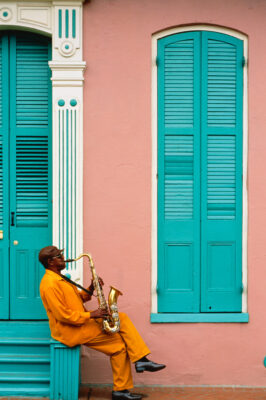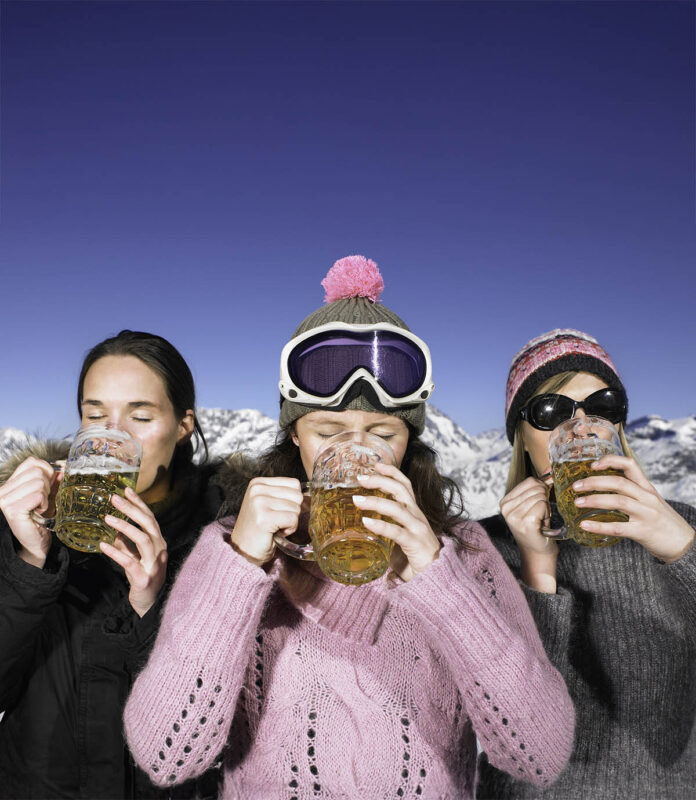
On the Slopes
Has Luxury Killed the Chalet Girl?
Once a fixture at ski resorts throughout Europe, this distinctly British phenomenon might be an endangered species.
As costs at US ski resorts reach unprecedented levels—with a single-day lift ticket in Aspen commanding $254 and a six-day pass soaring to $1,344—many are turning their gaze toward the Alps. By comparison, a day pass in Switzerland’s Verbier costs just under $100, while a six-day pass runs about $475. Even after factoring in flights and accommodation, European skiing increasingly represents a more economical—and refined—vacation option.
While Americans typically opt for furnished apartments during their ski holidays, Europeans embrace a different tradition: the shared chalet experience. While in many ways similar to summer beach house shares, these alpine accommodations come with a unique feature: the Chalet Girl.
This distinctly English phenomenon emerged in the mid-1960s, when British aristocrats could no longer afford to bring their full staff on ski vacations. By the 1970s and 1980s, these young women had become fixtures in prestigious resort towns like Verbier, and Courchevel and Méribel in France. Typically 18 or 19 years old and fresh from boarding school, these gap-year workers arrived armed with little more than a cookbook, a casual approach to housekeeping, and an uncanny ability to prepare breakfast for twelve while nursing a hangover.
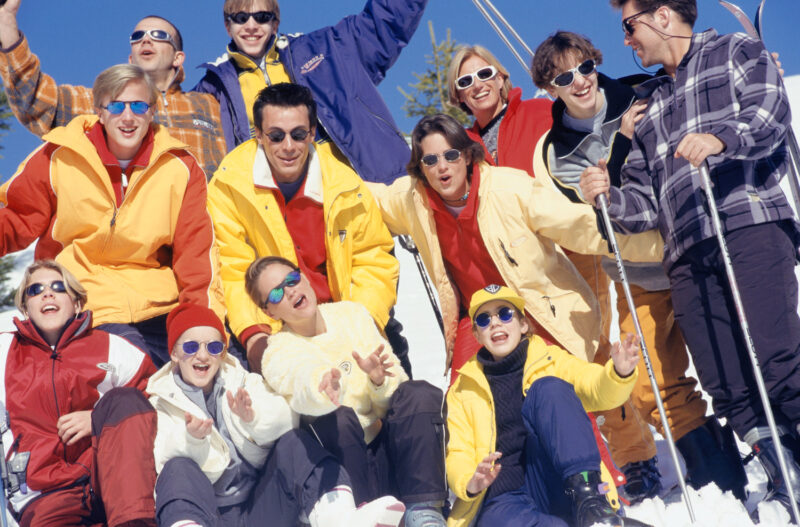

The position attracted notable figures—both Sarah Ferguson and Sophie, the Duchess of Edinburgh once served as chalet girls. And the cultural impact of this tradition even inspired a 2011 film, Chalet Girl, featuring Ed Westwick of Gossip Girl fame, Felicity Jones—and Brooke Shields as a class-conscious American mother.
The past decade has witnessed a transformation of this institution, however. As skiing’s popularity has surged, backed by a 20-year bull market, clientele increasingly demand more luxurious accommodations. The rustic chalets of old, with their temperamental boilers and questionable carpeting, have given way to marble-clad pleasure palaces complete with underground swimming pools and dedicated champagne cellars.
Alex, resort manager of The Chalet Company in Méribel, has witnessed this evolution firsthand since 2016. She recalls when a single chalet girl—and it was almost invariably a woman—would manage a chalet for up to 14 guests, working 60 to 70 hours a week for a mere £75 per week. “She would cook, clean, and party with guests,” Alex says.
Brexit’s implementation in 2020 catalyzed further changes, tightening visa restrictions for British workers and requiring compliance with French labor regulations. Today’s chalets operate with three or four staff members working 35-hour weeks, each earning around 1,300 euros monthly after French taxes.
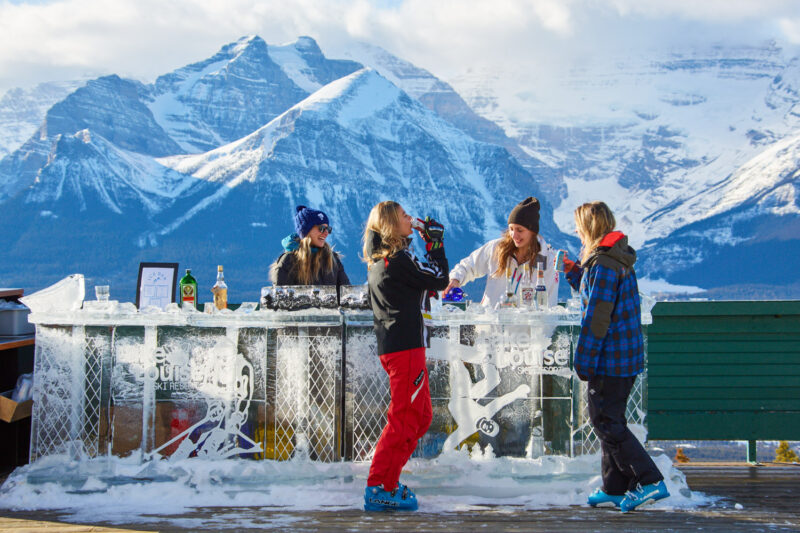
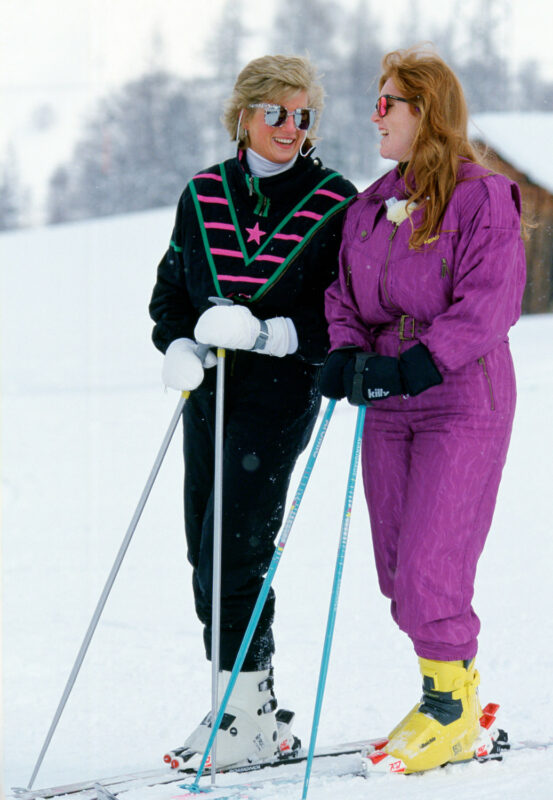
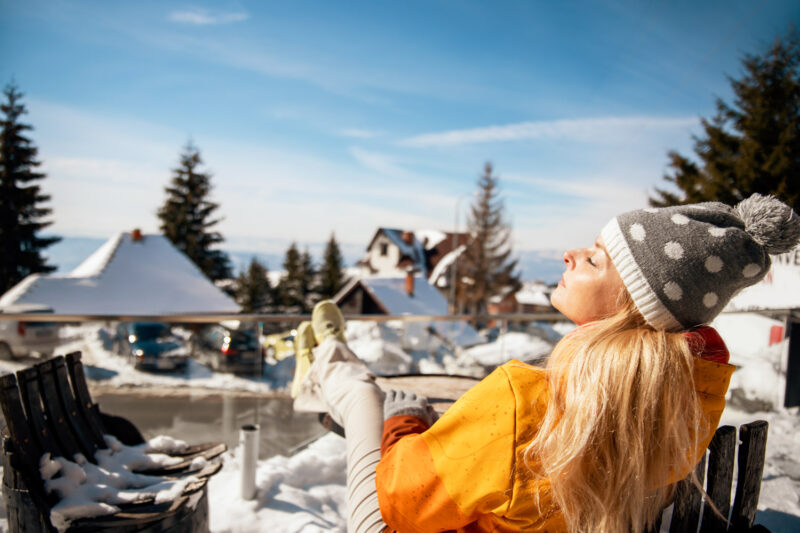
The demographic of seasonal workers has also shifted dramatically. “We now hire many young professionals—lawyers, doctors, accountants,” Alex explains. “They’ve completed university and worked in the corporate world for a few years, building up funds to travel. The ski season is part of that journey.” The average age has increased to 26 or 27, and the role has become more gender-diverse, with many men joining the ranks.
While responsibilities are now more specialized—with staff focusing on cooking, cleaning, or hosting duties—the social aspect remains integral to the experience. A chalet’s intimate atmosphere naturally lends itself to house-party-style conviviality, with hosts (as today’s chalet girls tend to be known) adding charm and conversation to the mix.
As for the notorious romantic entanglements between staff and guests? “Some of that still certainly goes on,” Alex admits with a knowing smile. “The boys entertain the girls just as much, though perhaps not quite as frequently as in the past.” While she discourages any behavior that might reflect poorly on the company, she acknowledges such liaisons typically emerge toward the season’s end, “when they know they’re safe.”
The future of European skiing appears bright, with the mountains enjoying one of the coldest winters in recent memory and an excellent base layer of snow. More Americans are discovering the value proposition of Alpine skiing, particularly with the Epic Pass now valid throughout the Four Valleys region and the Ikon Pass including European resorts such as St. Moritz and Zermatt.
While the traditional chalet girl may be an endangered species, her spirit endures. Because no matter how corporate the industry becomes, you still can’t stop someone from sneaking in a few runs on a powder day. Some traditions, after all, are sacred.
Hero photo by Aurelie & Mogan David de Lossy/Getty Images


